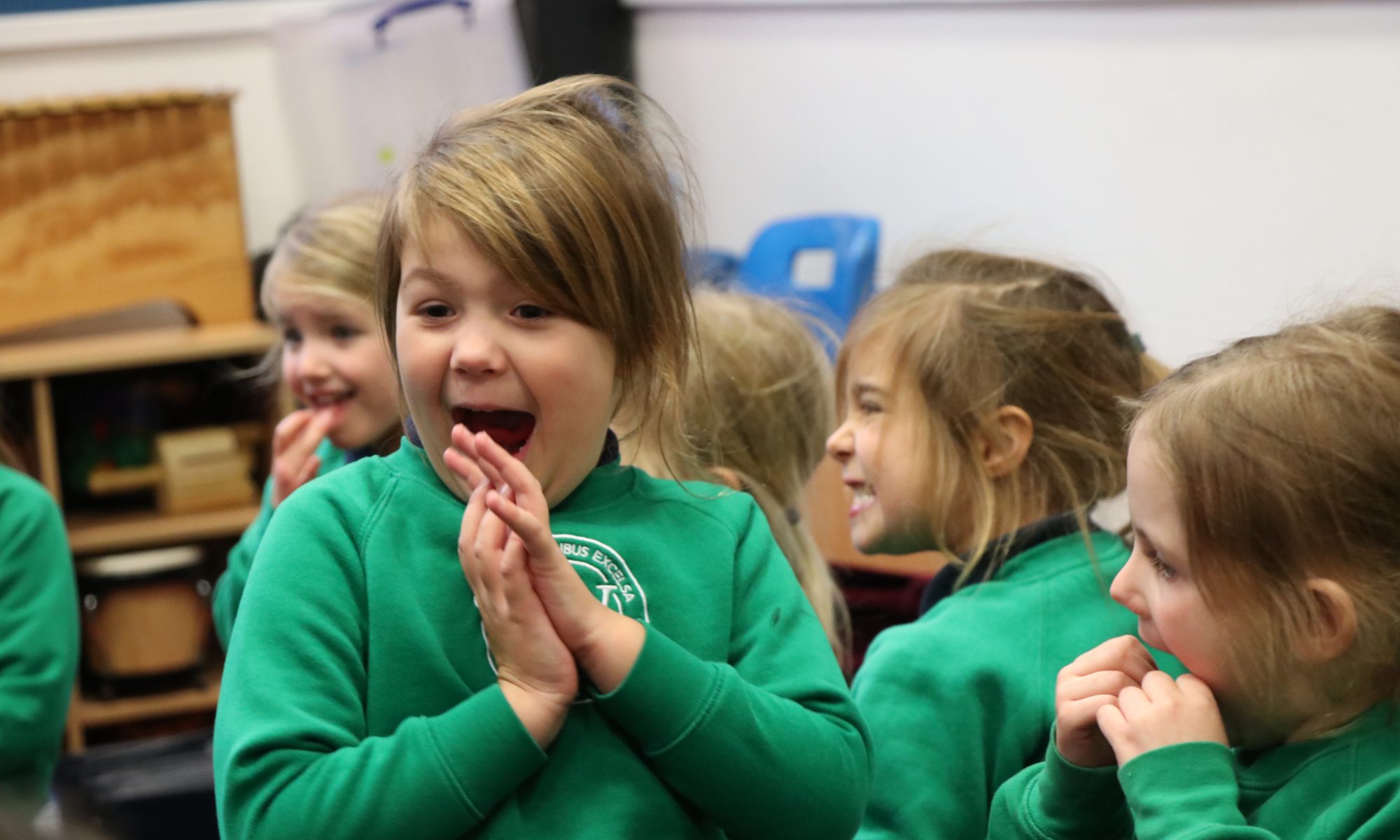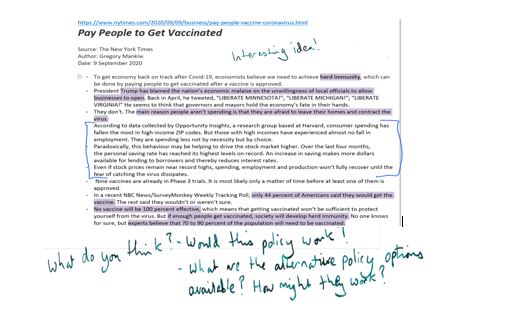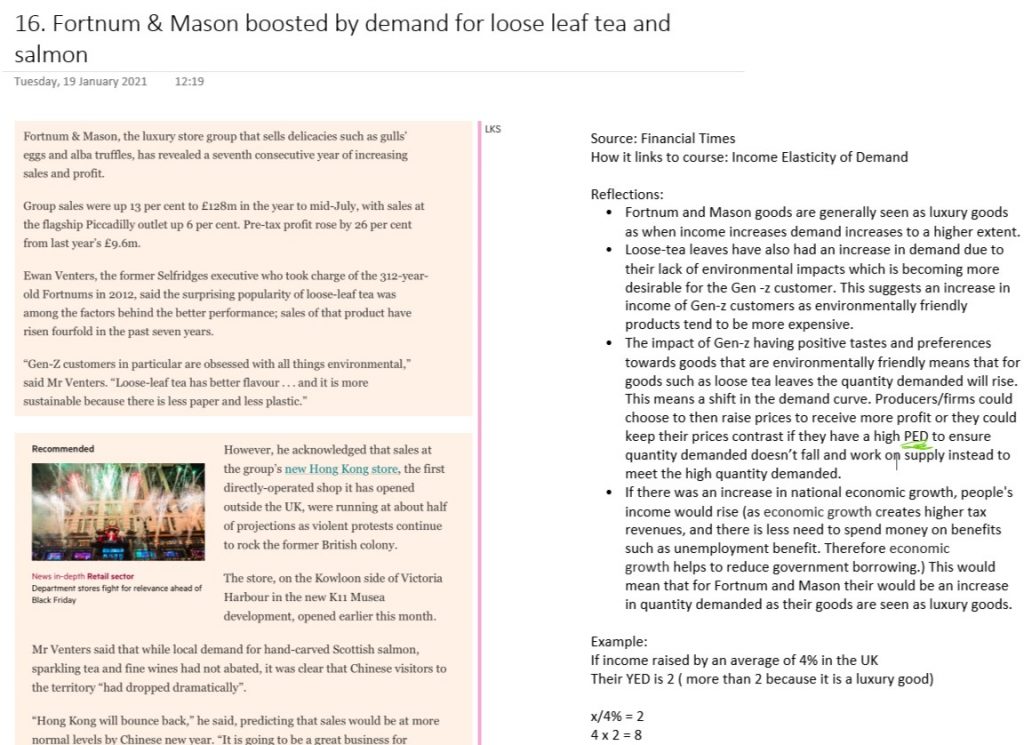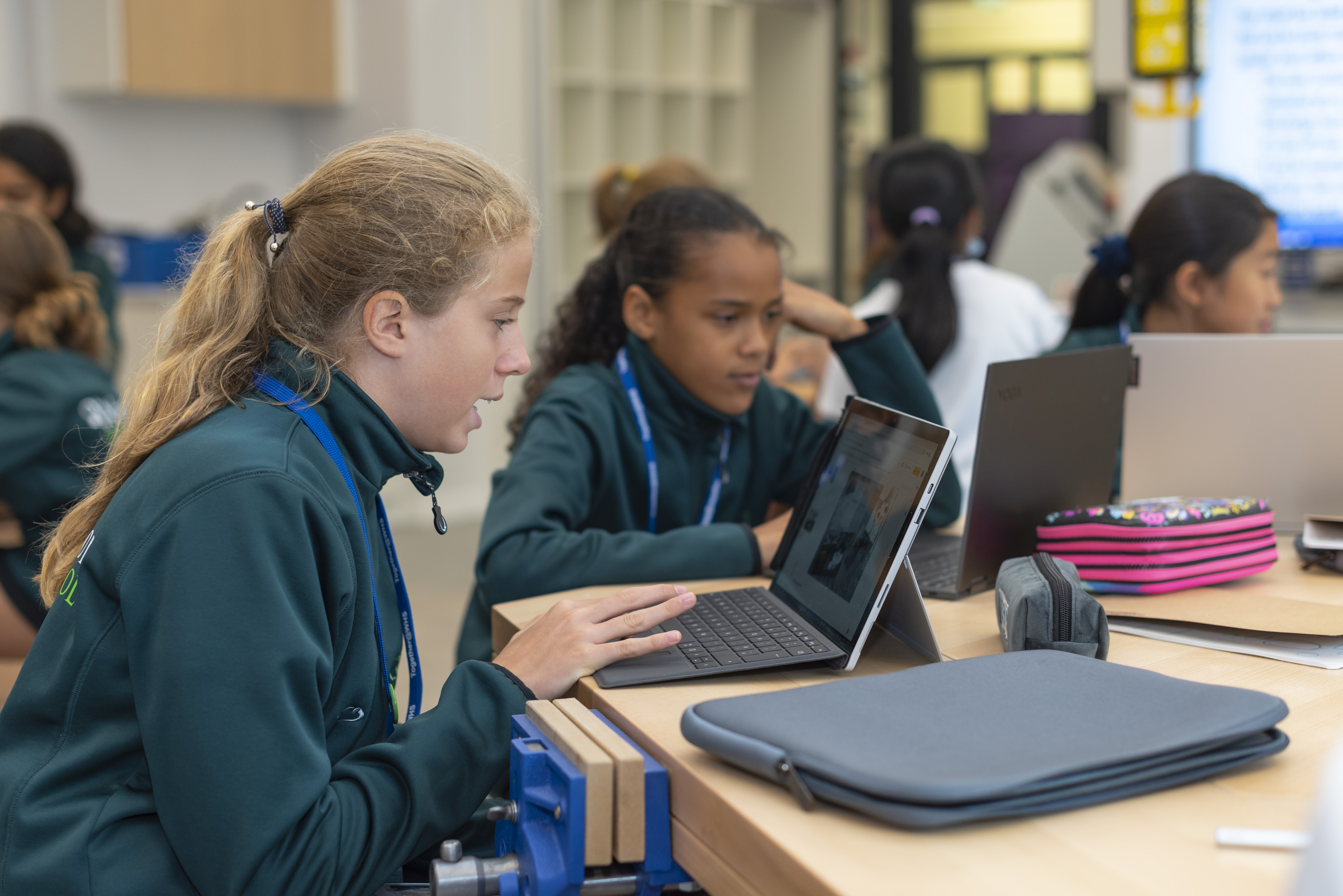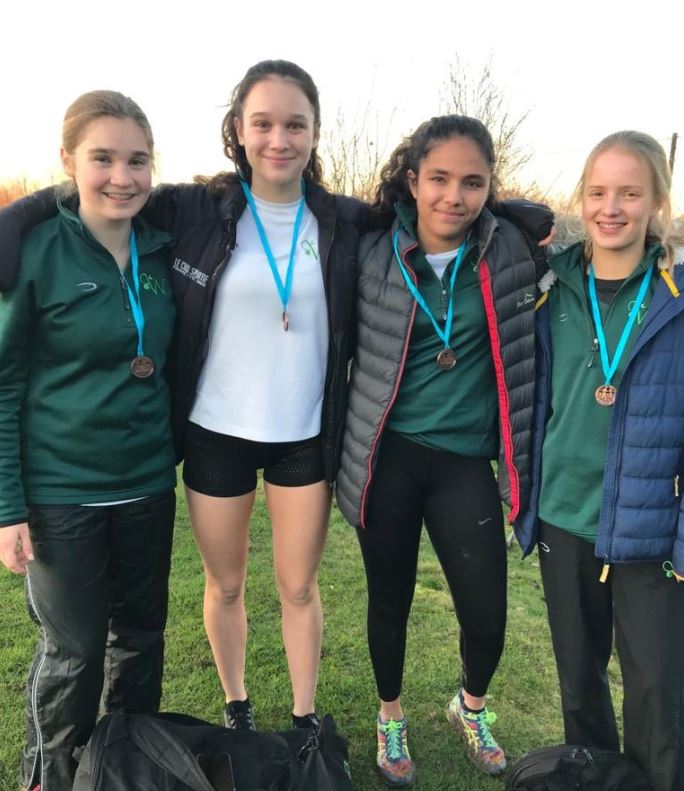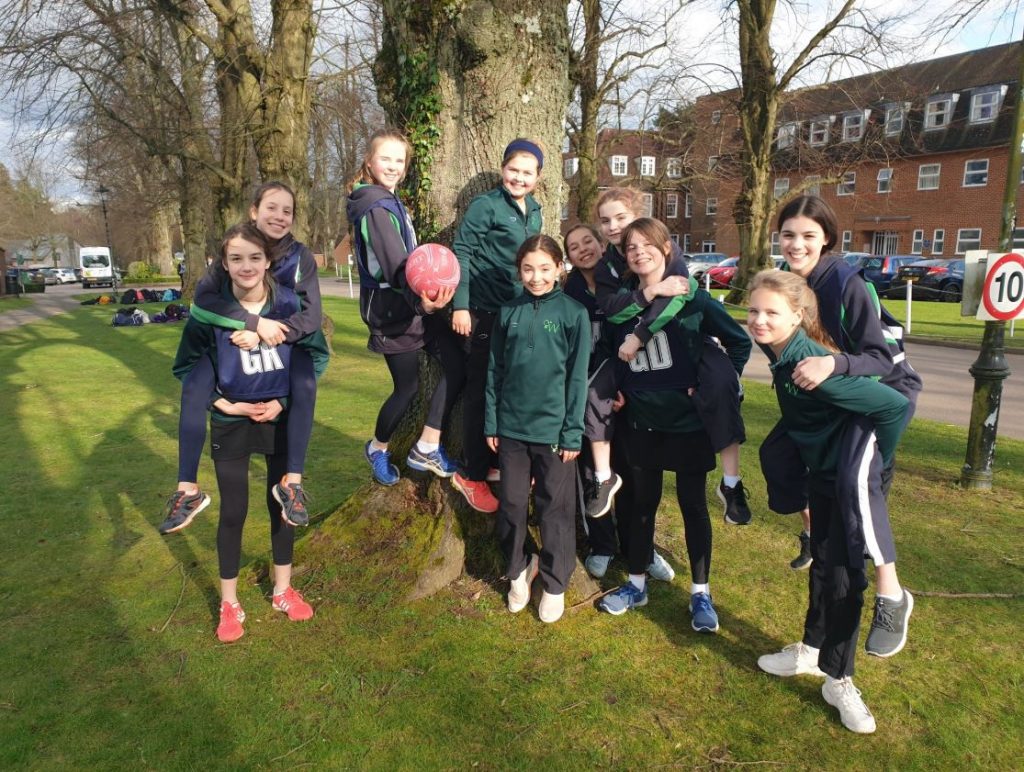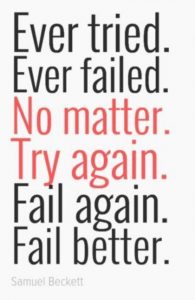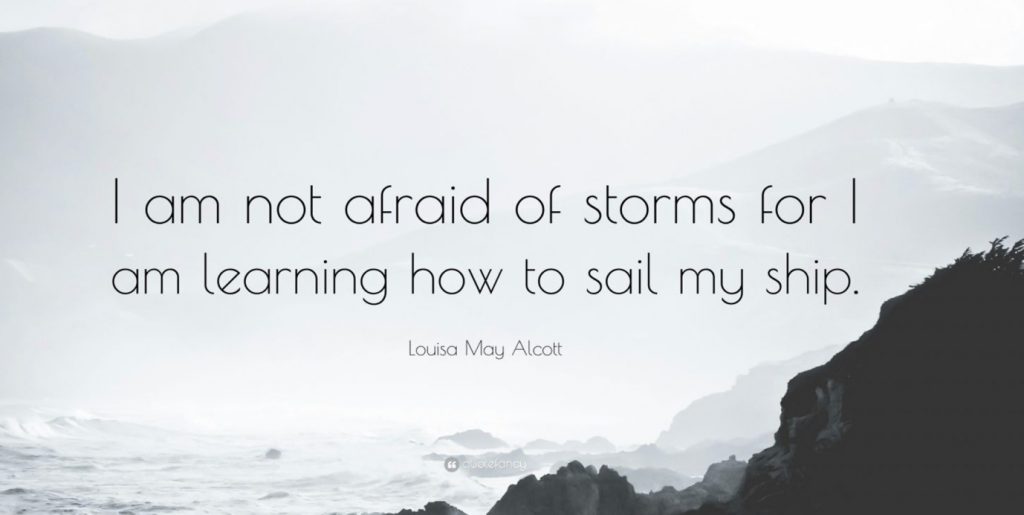Sarah Lindon, an English teacher at WHS, reports on an experimental project the department ran in place of summer exams for Year 7 last year, and how it extended students’ horizons and ambition in English.
Though it is not by design, nonetheless it seems apposite that I am writing about the value of independent project work for students, now that children across the country are having to adapt to very different educational provision. I’d like to share what English teachers at Wimbledon High learnt last year from devising a poetry project for Year 7s in place of exams. Hopefully it can both inspire and reassure teachers, parents and students about the benefits of such learning.
How did we investigate?
As a department, we found it refreshing to put aside the annual exam training and investigate instead how our students’ education might better be served by a unit that fostered independence; balanced creative and critical skills; and made space to explore more freely their personal interests in the subject.
From experience, we know that students with a strong appetite for independent reading do better in Key Stage 4. Wide, adventurous reading confers benefits throughout the GCSE Literature and Language syllabus. So we wanted to nurture personal but scholarly enjoyment and independence among Year 7s in their own reading. Our hypothesis was that holistic engagement with the subject early in their secondary education would prove more valuable to their academic development ultimately than immediately drilling exam skills.
To this end, I adapted a format used in some university creative writing courses: researching a writer of particular interest in depth with the aim of extending and developing a student’s own writing practice, and developing analysis and reflections on both the reading and the writing undertaken. This entails a range of skills that are essential to the study of English at school: close reading, analysis, creative writing, reflection and evaluation.
We had three weeks’ homework time available as well as some class time. The first week would involve research, the second, writing, and the final week, evaluation and reflection. Our conclusions on the project’s success would be based on the quality of student work, our professional observations, and a student survey.
The design of the project
The Year 7s were given five poets to choose from. For the research phase they produced detailed annotations of three poems by their chosen writer, with comments on the ideas and the techniques found in them. The second phase involved identifying an aspect of the chosen poet’s work that they wanted to explore for themselves creatively. This could be quite freely interpreted and might be based on subject matter, form, tone, structure, style or technique, or a combination of these. The outcome was to produce a poem of their own inspired by the work of their chosen poet. The final phase was an evaluation, consisting of writing up analytical observations about the poems, followed by reflections on how they had responded to the stimulus pieces in their own creative writing.
Findings on reading skills
The investigation produced fascinating results. Some genuinely outstanding analytical and evaluative work emerged. Even without an exam structure, many of our students wrote to a very high level, demonstrating impressive insight into their reading, and writing with fluency and a sense of personal voice that seemed to flow from their extended immersion in and deliberate investigation of ideas and techniques that interested them. Students who usually expressed distaste for analytical writing were now motivated to get under the skin of the work they liked and figure out how to learn from it as ‘makers’. Foregrounding the complementary nature of analysis and creativity often seemed to engage them more deeply than dealing with either skill in isolation.
Though some struggled to annotate poems independently, they were often able nonetheless to articulate thoughtful responses to their reading in the write-up, usually thanks to the freedom they had to give particular attention to the aspects of the work that intrigued them the most. For others, trying to employ for themselves techniques used by their chosen writer prompted new understanding of the skill and thought behind producing a poem. Sometimes, the application of ideas and techniques in their own creative work revealed greater sensitivity to the poetry they had read than they were able to express analytically in annotations or in prose, through adept application of techniques or ideas found in the poems.
Findings on writing skills
Virtually all of our students showed notable progress in their own creative writing. In many cases, the leap in quality of the work was really marked. In others, familiar subjects and methods from previous pieces returned but with a new twist. The Year 7s quite often identified this phase as the most challenging, despite performing very well in it, perhaps reflecting a productive sense of ambition and ownership in their work at this point. Working from good literary models in creative writing can spark much more robust experimentation than students might otherwise attempt.
Often, it was the very idea or technique that a student found most challenging to work on that they had most success in, revealing their real investment and care. There was interesting evidence of the degree of work that went into some of these pieces, including rough notes and drafts, the gathering of lines over several days, as well as whole other pieces discarded and new ones started. The combination of freedom and structure engendered by the project’s design seemed to encourage a spirit of both adventure and discipline.
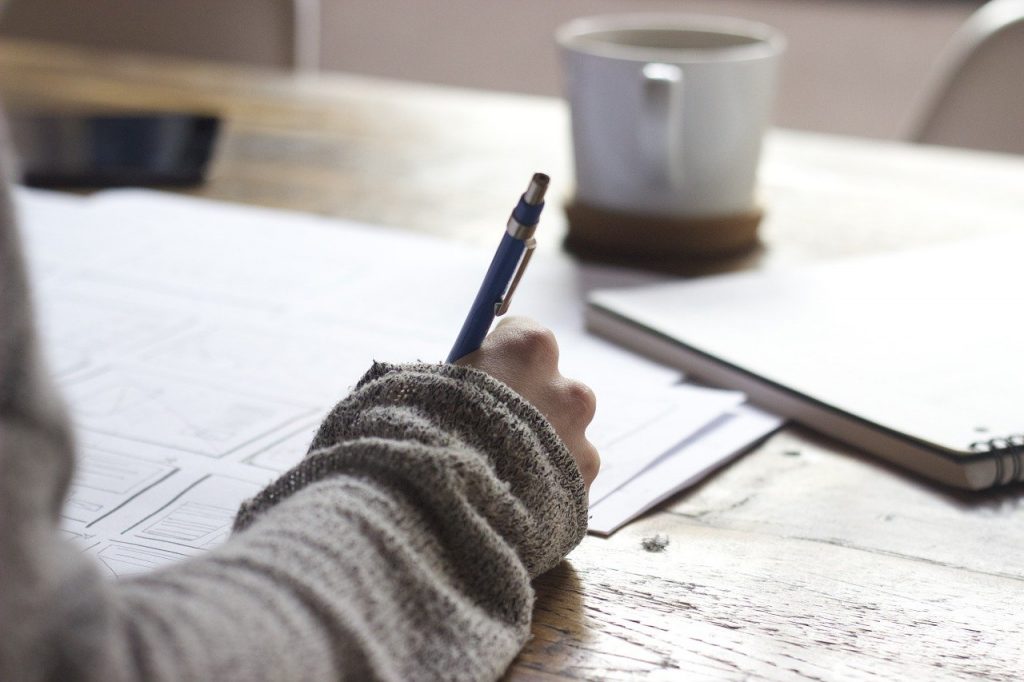
Student reflections
Evaluations often went beyond the 800-word limit, implying that our students were keen to report all of their thinking. Some took the opportunity to explain how important the independence had been to them. Across the ability range, they expressed enthusiasm and enjoyment of the project, even where they believed they were not very good at some of the work. So it seemed that they valued the sense of autonomy and scope for creativity even where the final ‘product’ might not have been at the level they would ideally like to achieve. This is surely a key foundation for a resilient, intrinsically motivated approach to reading and writing.
Many students were interested by the fact the project allowed them to look at a poet’s work more holistically, not just at isolated poems. This allowed them to consider differently how and why a poem is made, as well as generating a sense of personal connection to the writer. Their definition of what poetry is, and of what it can arise from, was broadened.
Closing thoughts
As teachers, we were very impressed by our Year 7s’ commitment and the quality of the work they produced. Based on observation and student voice, it is clear the experience was very enriching for them, and their independence and enthusiasm carried over into their Year 8 ‘Unseen Poetry’ work this academic year. They gained nourishment, autonomy and recognition for their personal interests and talents, thanks to the freedom of choice and freedom of expression engendered by the project. Some also went on to perform their work at our lunchtime Spoken Word events, alongside other students right up to Year 13s. It was very special to see them more than hold their own in this arena, reading with conviction and aplomb.
As part of a mix of teaching and learning strategies, there was no sense in which this project seemed a poor cousin of exam preparation in terms of educational value, and we are excited to be starting the unit again with this year’s cohort this term. You can see some of our students’ thoughts below, along with a small sample of their work. I hope this example of an extended project can boost your confidence in the benefits of carefully designed independent learning.

Student comments
‘I thought overall the most enjoyable thing about the project was the fact that it was totally independent, we were given a free rein to do what we liked. We weren’t given any guidance, we weren’t told we had to do something specific, and I feel I produced some work I’m proud of.’
‘The creative task allowed me to use my imagination, which had been shaped already by reading [the poet’s] work. Overall I really enjoyed this and the tasks complimented each other very well.’
‘Now that I have explored Maya Angelou’s poems in detail, it has slightly changed my way of writing poems by making them more mature in a way of finding an inner meaning and using more techniques. Now, I would do this task again but with a different poet, to see how it alters the way I write poems further.’
‘I have really enjoyed this English Project because it has made me feel so much more confident of my work. I have felt a lot less pressured because of the timing.’
‘Something that I found thought-provoking was analysing the poems because it showed the thought process that Maya [Angelou] went through when she was writing the poem, and it was amazing to see it.’
‘I liked how the essay we wrote was based on everything that we had done in the project, instead of just one part.’
‘I found it challenging to find the right balance when copying my poet’s work because I wanted my own voice in the writing, not just an impersonation of Clarke’s work.’
‘The work was more independent, meaning that I had to figure some things out myself. I liked this because although it was harder to get started, it was a lot easier for my writing to flow once I did get started.’
‘I learnt how to take inspiration from others’ writing.’
‘I learned how to be creative whilst writing in a set form and what poetry is really about. Not just a few lines rhyming with each other but deeper meaning.’
‘I learned that everyone has their own unique way of writing poems, books, stories, and that it doesn’t have to be perfect at all.’
‘This project changed my views on poetry and the poets that write them in the sense that so much thought goes into poems. As well as this more thought probably goes into the structure of the poem than the actual words.’
‘It explored the more creative side and it made English seem more exciting in the sense that you can create your own work in this way.’
‘Completing this project changed my understanding of English because it showed me how to link creative writing with analytical writing which before I found unconnected.’
Sample creative work
Misty
“fear” is a thing with horns –
That tips you over the edge –
Chanting the cries from hell –
That never stops – at all –
The nest of a new born bird –
Burnt to charcoal ash –
Left alone and banished –
From the life of all living –
Abandoned on the island –
With only rotting wood –
Chanting the cries from ocean floor –
Reaching up with skeletal hands –
Sample analysis and evaluation
Anita
From [Gillian Clarke’s] poem ‘Lament’, the line ‘the oceans lap with its mortal stain’ in the third [stanza] gave the poem a furthered and deeper tone. This line is a play on words since it could have a few different explications. One possible way of interpreting this line could be that the stain is fatal and killing the ocean (which is the truth) as one definition of mortal is deadly or lethal. This carries across a feeling of action, as though it is telling the reader that it could kill the ocean and they should do something to stop it. Another way of interpreting the line could be that we, ‘mortal[s]’ have caused this stain on the ocean as the other meaning of the word ‘mortal’ is someone subject to death, as opposed to immortal. This is more liable to make the reader feel a sense of guilt, as they have helped towards this huge oil mark on our ocean’s surface.
Lara
[In my work, Maya Angelou’s] ‘The Mothering Blackness’ influenced the idea of separation and division between the two people, however instead I thought it would be thought-provoking to show the separation and division between the same person through comparison. Throughout all of Angelou’s poems, she also uses her own structure, with irregular rhyming, so I carried that through, with my poem using short lines, but longer sentences to capture the sense of life carrying on. Like ‘Awaking in New York’ my overarching theme is universal, however it is written like ‘The Mothering Blackness’, with a more specific story. Once I had come up with the idea of using a comparison, I got most of my structural inspiration from Caged Bird, however the initial ideas of the poem, were slightly influenced by ‘The Mothering Blackness’. Once I had come up with my idea, I was very certain of it and did not have any second thoughts. Once I had written it, I shortened the lines and cut the sentences off at random points to give a sense of enjambment linking to the fact that life still flows on and can be messy, or not in neat, straight lines. This meant that I had to have very powerful word choices to fill each short line, so I used a Thesaurus to find the most evocative words I could.


